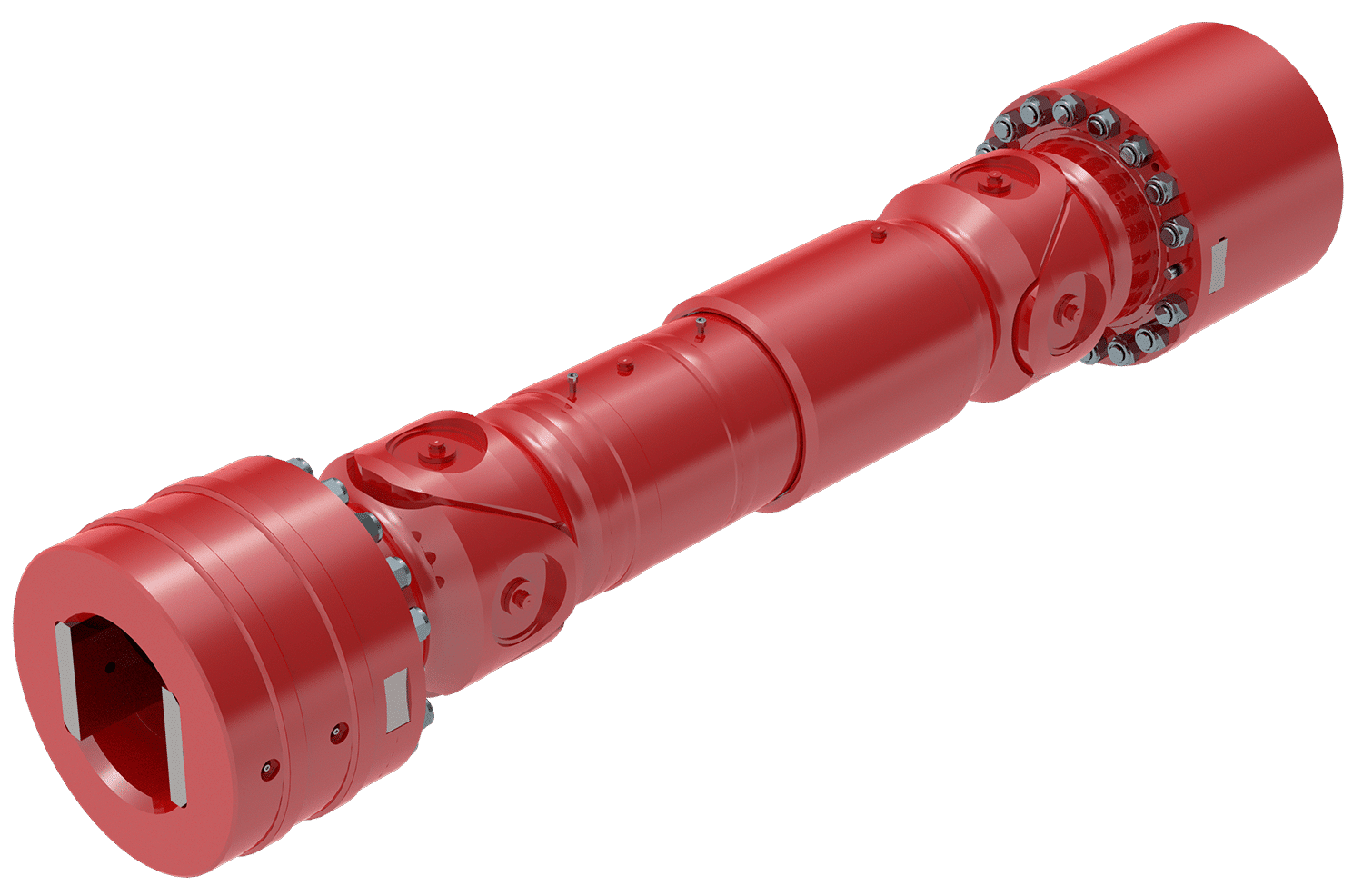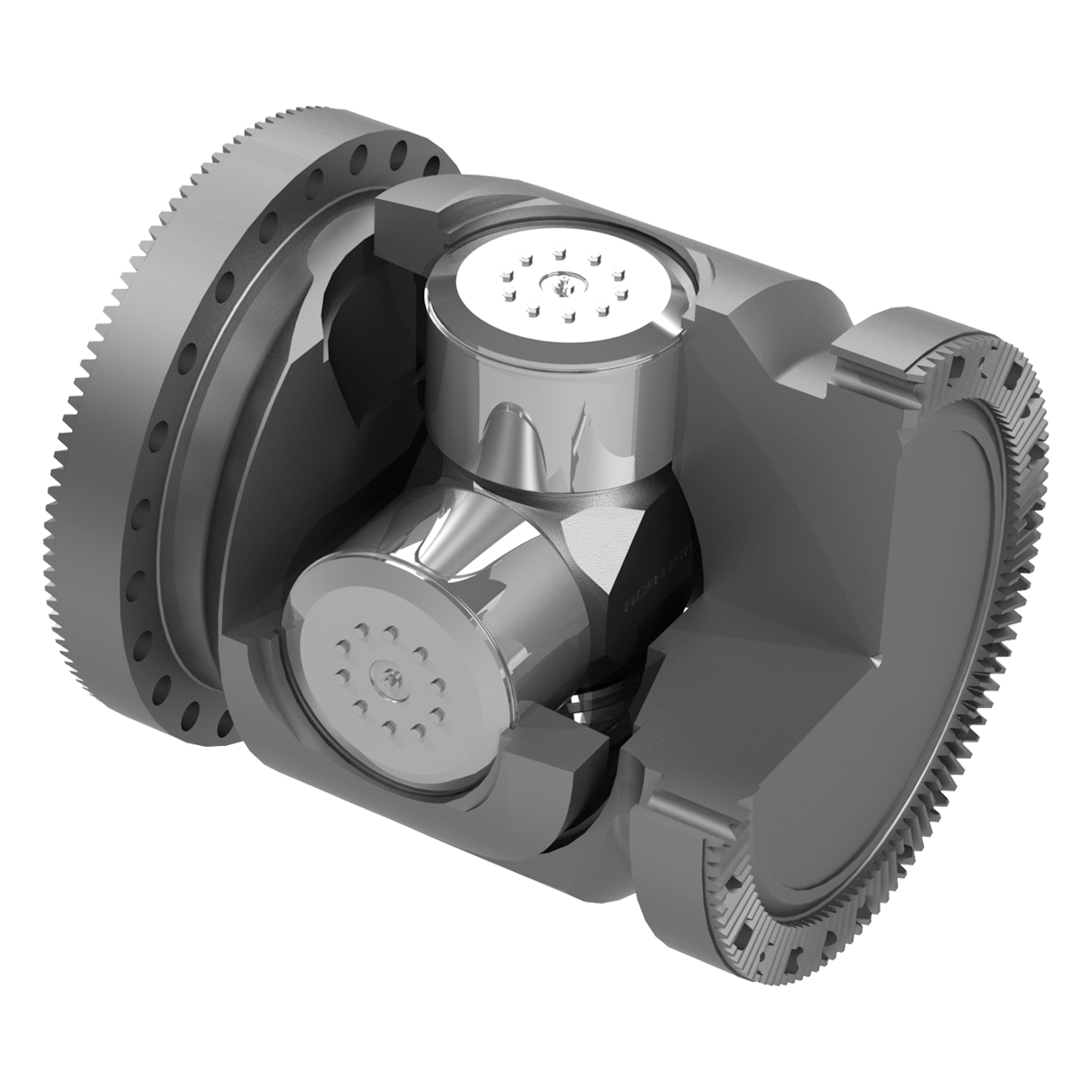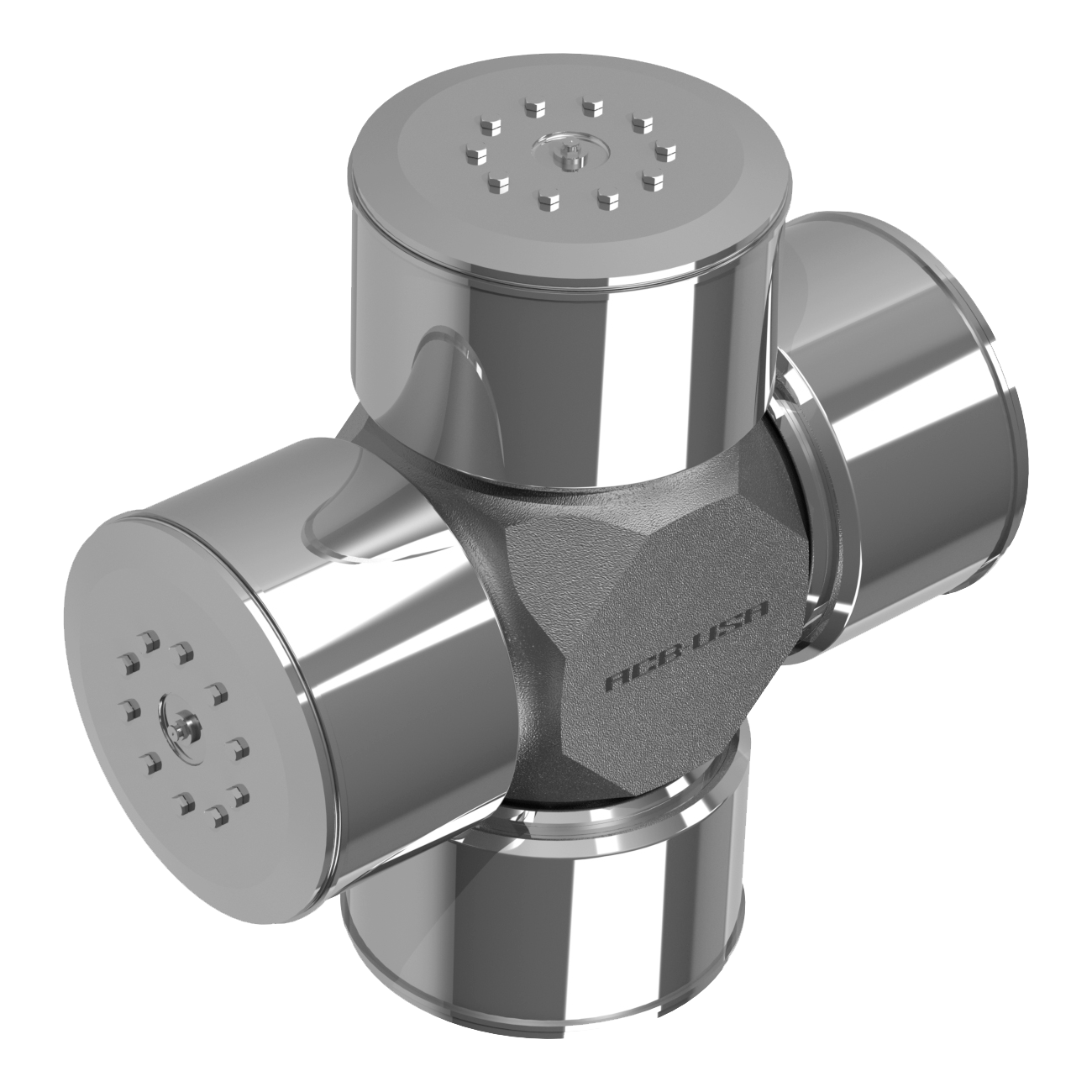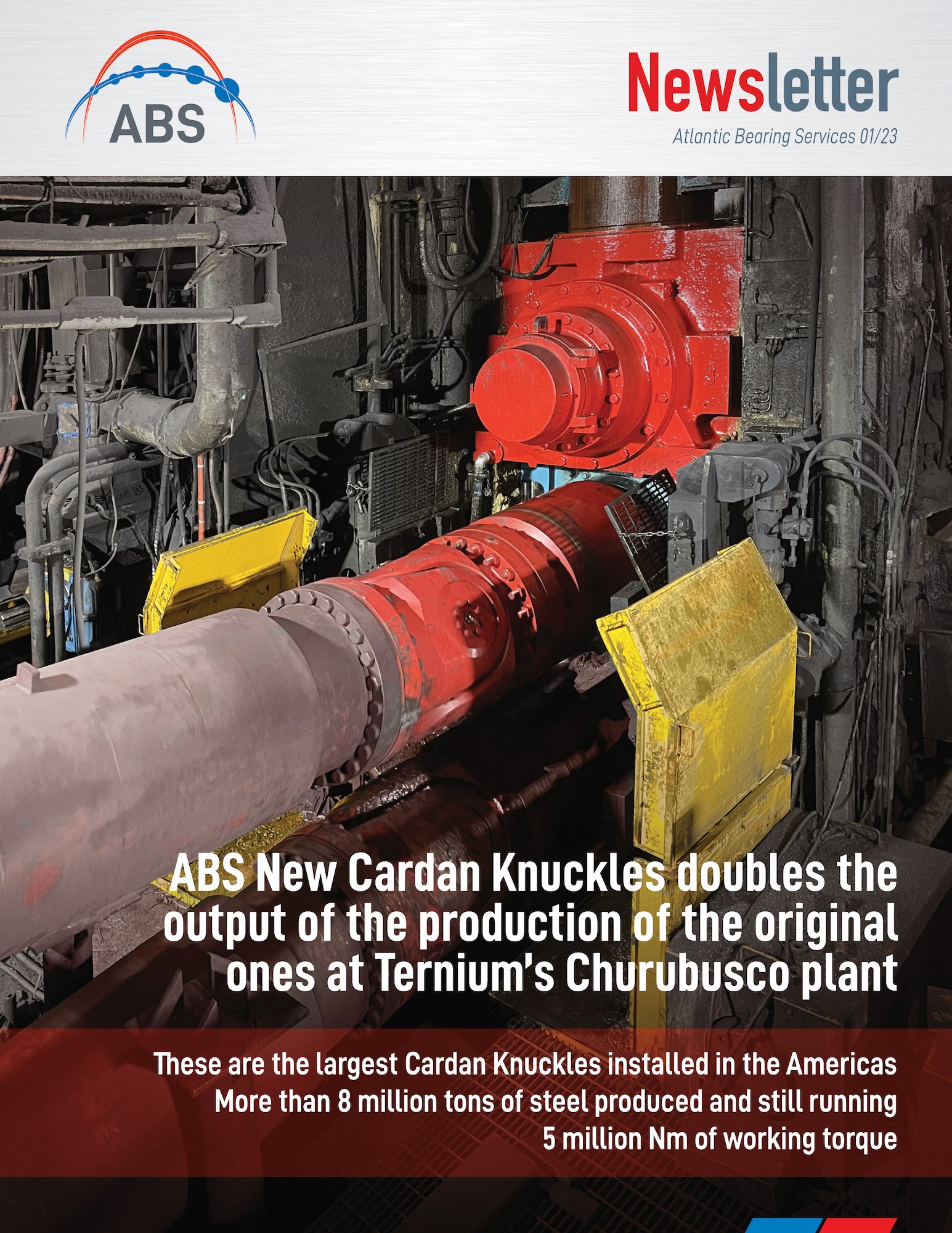A Universal Shaft, also known as a Cardan Shaft, is a mechanical component designed to connect two non-coaxial shafts, transmitting rotational motion from a driving shaft to a driven shaft, even in cases of significant misalignment. It consists of parts like universal joints, cross assemblies, and yokes, which provide the flexibility to accommodate angular or axial misalignments. The configuration of the shaft is determined by the degree and type of misalignment between the connected shafts.
ACB Cardan Shafts from ABS, are custom-engineered to withstand heavy loads and high stress, ensuring efficient power transmission while minimizing vibration and wear during operation. Built for durability and flexibility, these shafts are essential in demanding industrial environments such as paper mills, steel plants, mining, and automotive applications, where high torque and reliability are critical.



